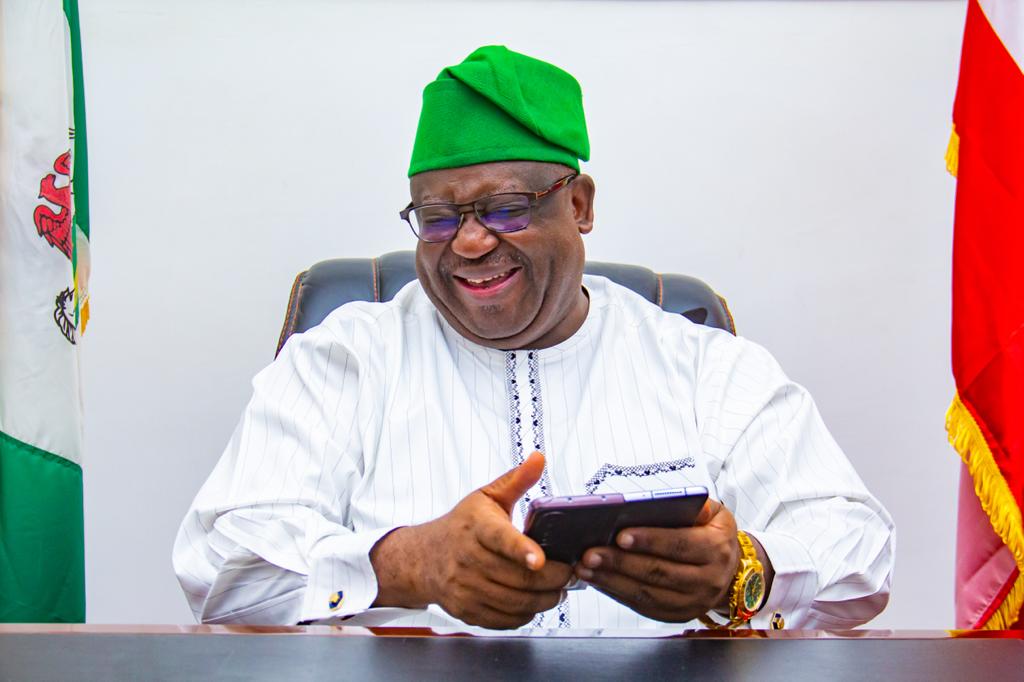Scenes of jubilation have been reported across Plateau State.
Waves of elated crowds flowed onto the streets, nooks and crannies to celebrate today’s (January 12, 2024) judgement of the Supreme Court upholding the election of Governor Caleb Mutfwang in the March 18, 2023, gubernatorial election.
At last, the Supreme Court has upset the applecart.
By insisting that, indeed, pre-election matters do not have a place in elections litigations, the apex court has put an official stamp of illegality, illegitimacy, on all of those members of the state and national parliaments from Plateau State who now occupy those positions as a result of the Appeal Court’s egregious verdict to the contrary.
Supreme Court Upholds Bauchi Gov’s victory
‘I’m justified,’ Gov Yusuf speaks on Supreme Court verdict
Governor Mutfwang’s victory at the Supreme Court is widely seen as a much-needed relief that would rekindle the hope of a people who had almost completely lost confidence in the country’s judiciary and the democratic process.
This judgement also serves as a redemption; a vindication of sorts, for Nigeria’s judiciary.
A judiciary whose reputation had been battered and dragged in the mud during the process of the litigations arising from the 2023 general elections.
And Plateau people were the greatest victims of this turpitude because, unlike many other Nigerians, they witnessed conflicting judgments by the same tribunals regarding the same matters of law.
Worst of all, politically exposed individuals openly boasted that they had the political and financial wherewithal to influence the courts. For them, that oppressive and agonizing dystopia was real.
But a lot more needs to be done to cleanse, uplift and place it upon the pedestal it is constitutionally required to stand as an unbiased and reputable arbiter and interpreter in our country’s hallowed temple of justice.
Chris Gyang wrote from Jos

 Join Daily Trust WhatsApp Community For Quick Access To News and Happenings Around You.
Join Daily Trust WhatsApp Community For Quick Access To News and Happenings Around You.

